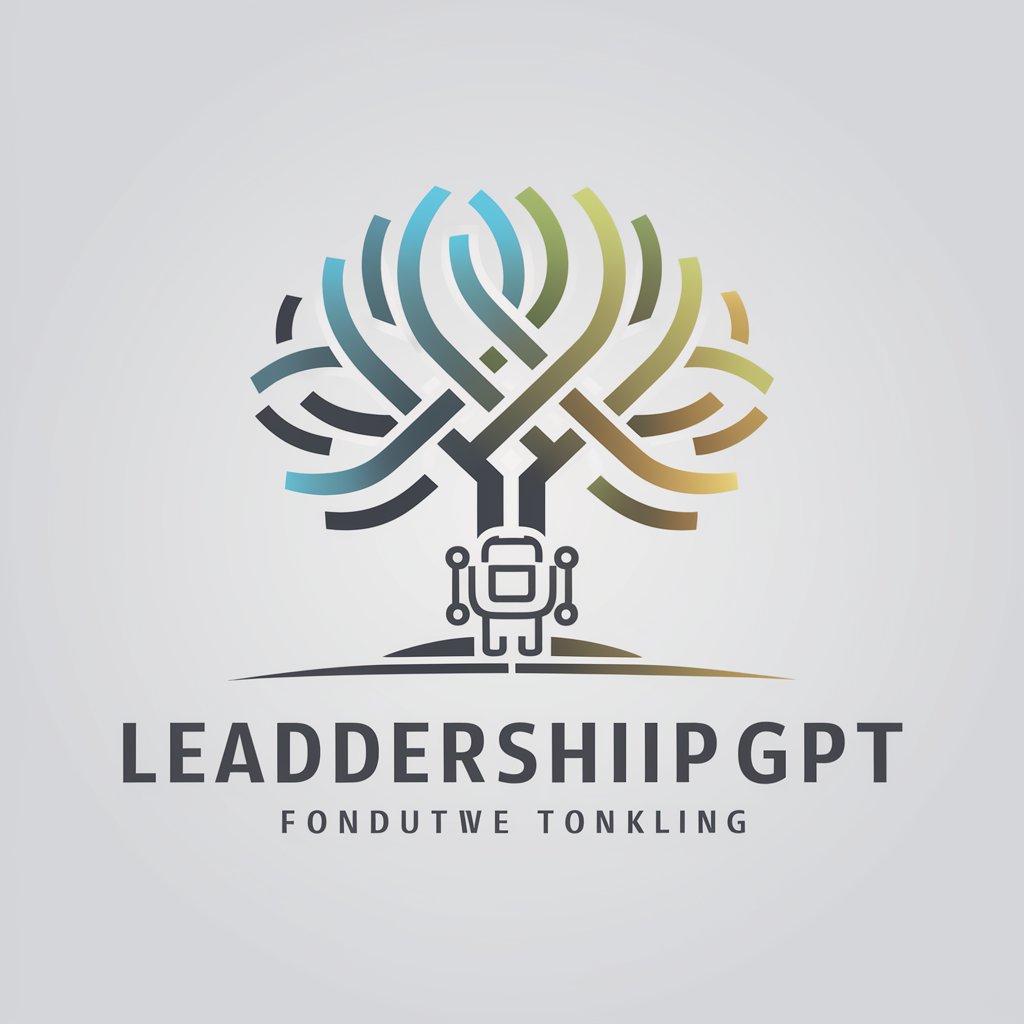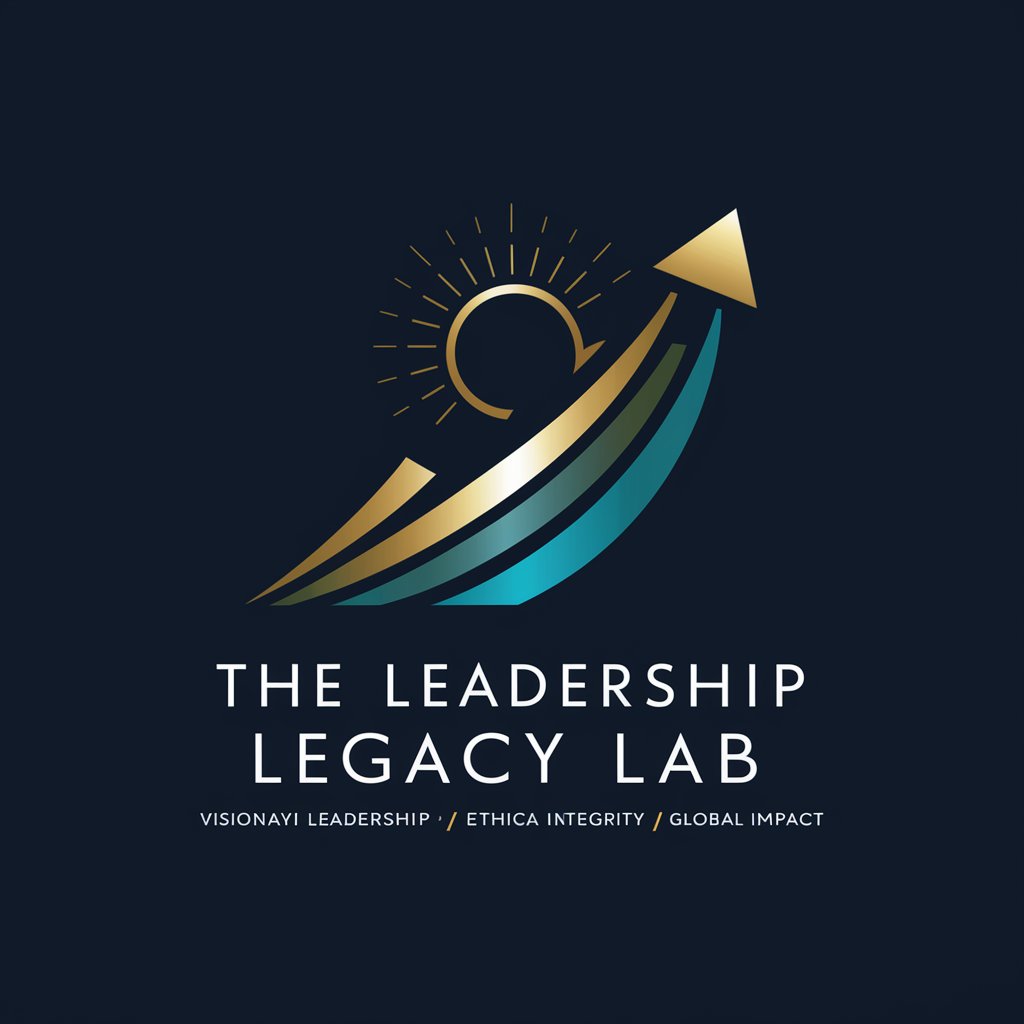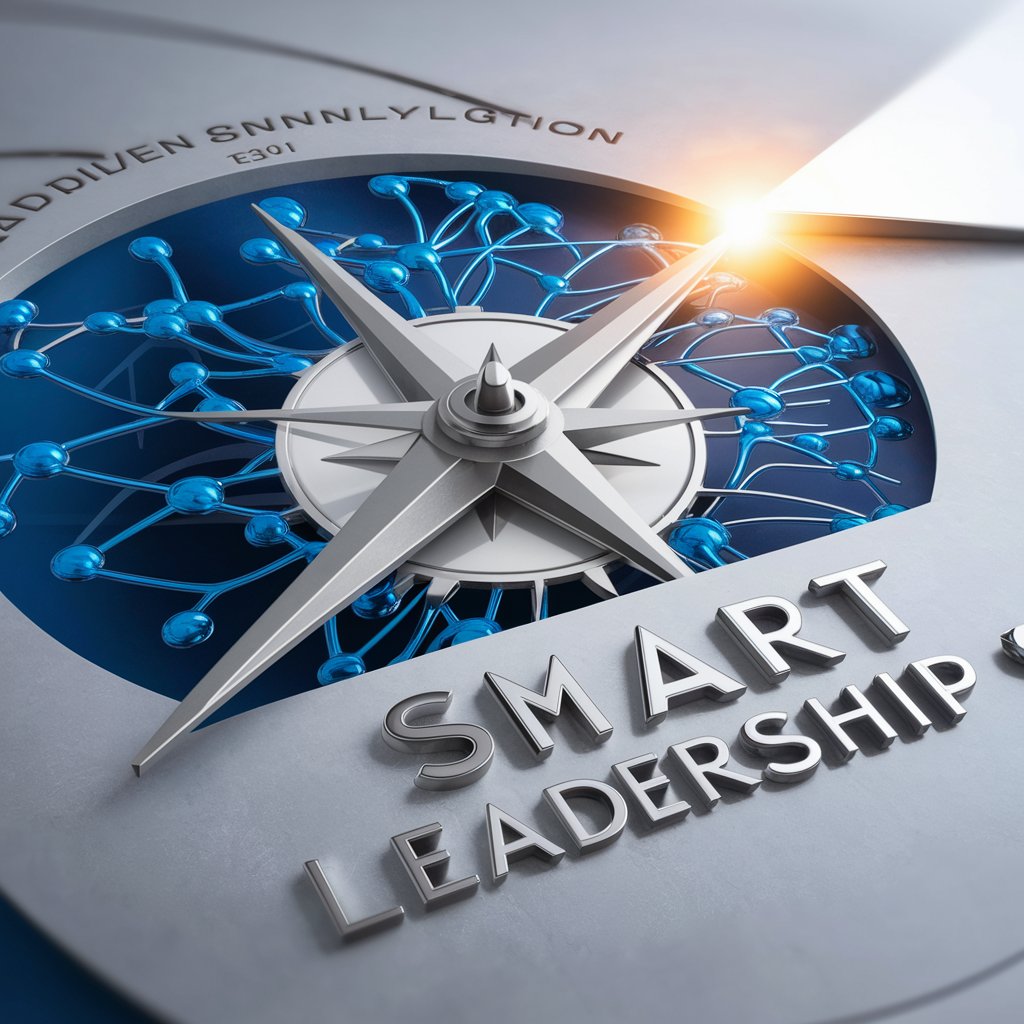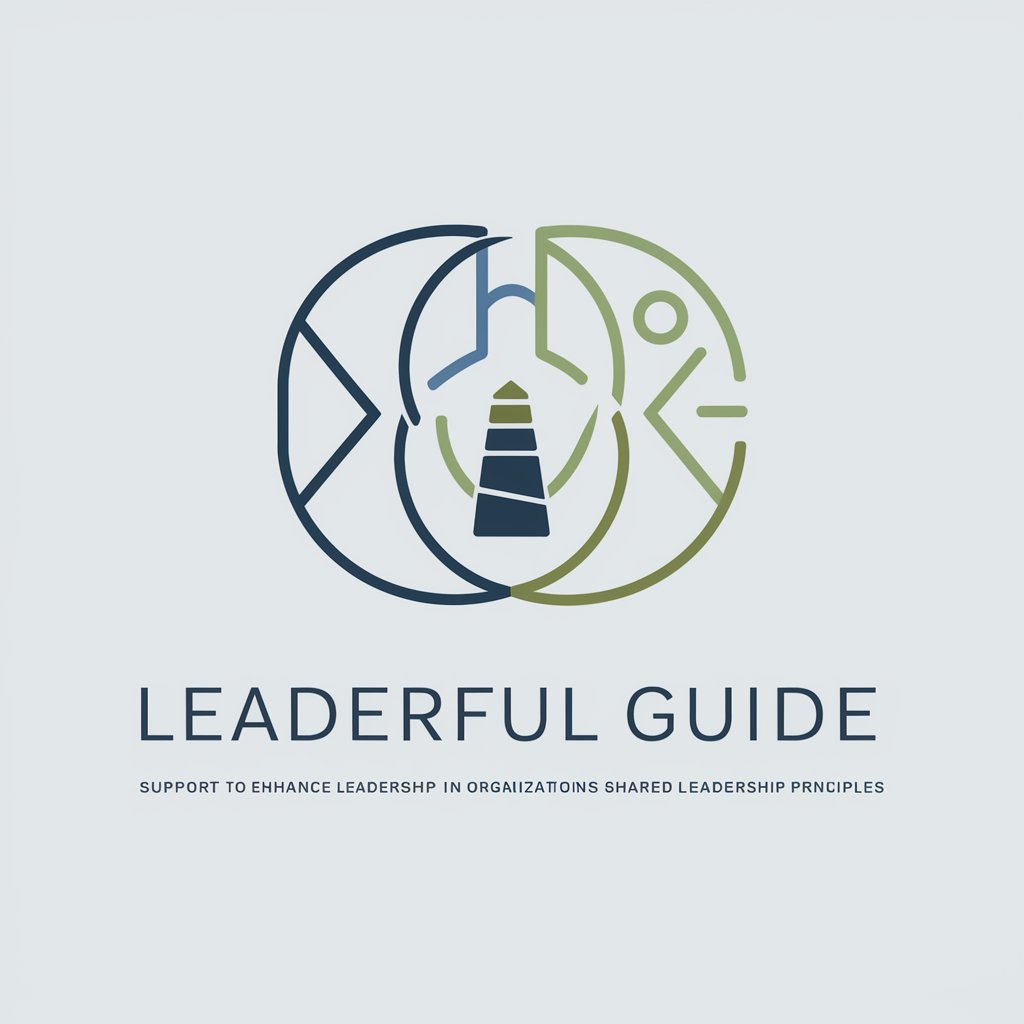
Аутентичное лидерство - Authentic Leadership Insights
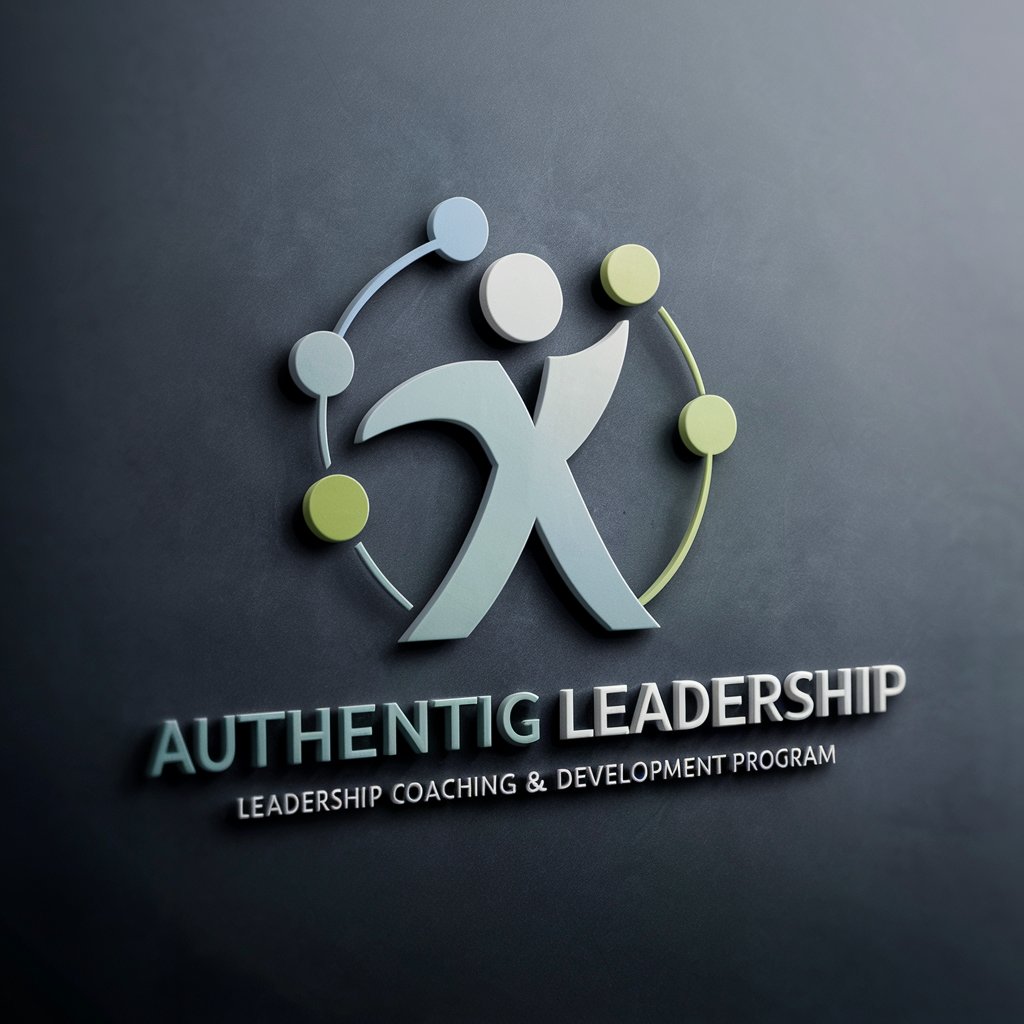
Welcome! Let's explore authentic leadership together.
Empower through Authenticity
Explain the concept of authentic leadership and its key components.
Describe the skills and qualities that make an authentic leader.
Outline the methods and frameworks used in authentic leadership development.
Evaluate the importance of understanding team dynamics in authentic leadership.
Get Embed Code
Introduction to Authentic Leadership
Authentic Leadership (Аутентичное лидерство) is designed to assist individuals in understanding and developing authentic leadership skills. It focuses on guiding individuals to recognize their unique leadership style and apply it naturally, acknowledging their capabilities and needs. Authentic leadership emphasizes aligning one's values with their actions, considering the needs and strengths of their team, and effectively motivating others. It involves navigating productive conflicts, understanding group dynamics, and adapting leadership styles (directive, coaching, supportive, and delegating) as situations demand. Strategic thinking and systemic reasoning are key, along with recognizing and addressing one's shadow behaviors. Examples include a leader openly discussing their weaknesses with their team to build trust, or dynamically switching leadership styles from coaching to delegating during a project to optimize team performance. Powered by ChatGPT-4o。

Main Functions of Authentic Leadership
Self-awareness and Authentic Communication
Example
A leader using reflective practices to understand their values and biases, then communicating transparently with their team about project goals and personal development opportunities.
Scenario
In a team meeting, the leader shares their thought process behind a strategic decision, including personal values that influenced this choice, fostering an open and trust-based environment.
Adaptive Leadership Style
Example
Adjusting leadership approach based on the team's maturity and project phase, moving from a hands-on coaching style in the early stages to a more delegating approach as the team gains competence.
Scenario
During a product launch, a leader starts with detailed guidance and gradually steps back, empowering the team to make decisions, which boosts confidence and ownership.
Strategic and Systemic Thinking
Example
Applying a holistic view to problem-solving, considering long-term impacts and interconnectedness of decisions within the organizational ecosystem.
Scenario
When facing declining sales, a leader analyzes both internal processes and market trends, devising a strategy that addresses immediate issues while aligning with long-term goals.
Managing Productive Conflict
Example
Facilitating a structured debate on divergent views within the team to foster innovation and collective problem-solving.
Scenario
A leader notices tension between departments over resource allocation and organizes a workshop to address concerns, leading to a more collaborative and effective distribution strategy.
Ideal Users of Authentic Leadership Services
Emerging Leaders
Individuals stepping into leadership roles for the first time, seeking to develop a leadership style that is true to their values and effectively engages their team.
Experienced Executives
Senior leaders aiming to refine their leadership approach to be more transparent, adaptable, and ethically grounded, enhancing their ability to lead complex organizations.
HR Professionals and Coaches
HR specialists and coaches looking to support and develop leadership talent within organizations through training and personal development programs focused on authentic leadership.
Teams in Transition
Groups undergoing significant change, such as restructuring or rapid growth, where a strong, authentic leadership presence can facilitate smoother transitions and foster a positive culture.

Using Authentic Leadership
Start Your Journey
Initiate your exploration of authentic leadership by visiting a platform offering a comprehensive and accessible experience, such as yeschat.ai, for a free trial that requires no login or ChatGPT Plus subscription.
Self-Assessment
Engage in self-reflection or use assessment tools available on the platform to understand your current leadership style, strengths, weaknesses, and values. This self-awareness is crucial for authentic leadership development.
Learn and Apply
Explore resources, courses, and interactive sessions offered on the platform to learn about the principles of authentic leadership. Apply these principles in real-life scenarios to develop your skills progressively.
Feedback and Reflect
Seek feedback from peers, mentors, or through the platform's community features. Use this feedback for reflective practice, identifying areas for improvement and reinforcing strengths.
Continuous Growth
Commit to ongoing learning and development. Authentic leadership is a journey, not a destination. Utilize the platform's resources to stay updated with new insights and strategies for effective leadership.
Try other advanced and practical GPTs
Sopron Guide
Explore Sopron with AI-powered insights

Mocktail Maestro - Provided by Local Nakamal
Craft, Color, and Unwind with AI

Sermon Assistant: Application Architect
AI-powered sermon personalization for daily living

Pardot Classic Pro
Empowering Marketing with AI

Mindful Mate
Empowering your emotional health with AI

Find My Goal
AI-Powered Goal Mastery

Interview Practice Coach
Ace Your Interviews with AI Coaching

JS Doc Wizard
Automate your JS documentation with AI

Schulleitung GPT
Empowering School Leaders with AI

(A.I.).Tutorial Finder
Empowering learning with AI-driven tutorials

Code Error Fixer GPT
Automating error fixes with AI precision.

智慧导航
Empower your intellect with AI
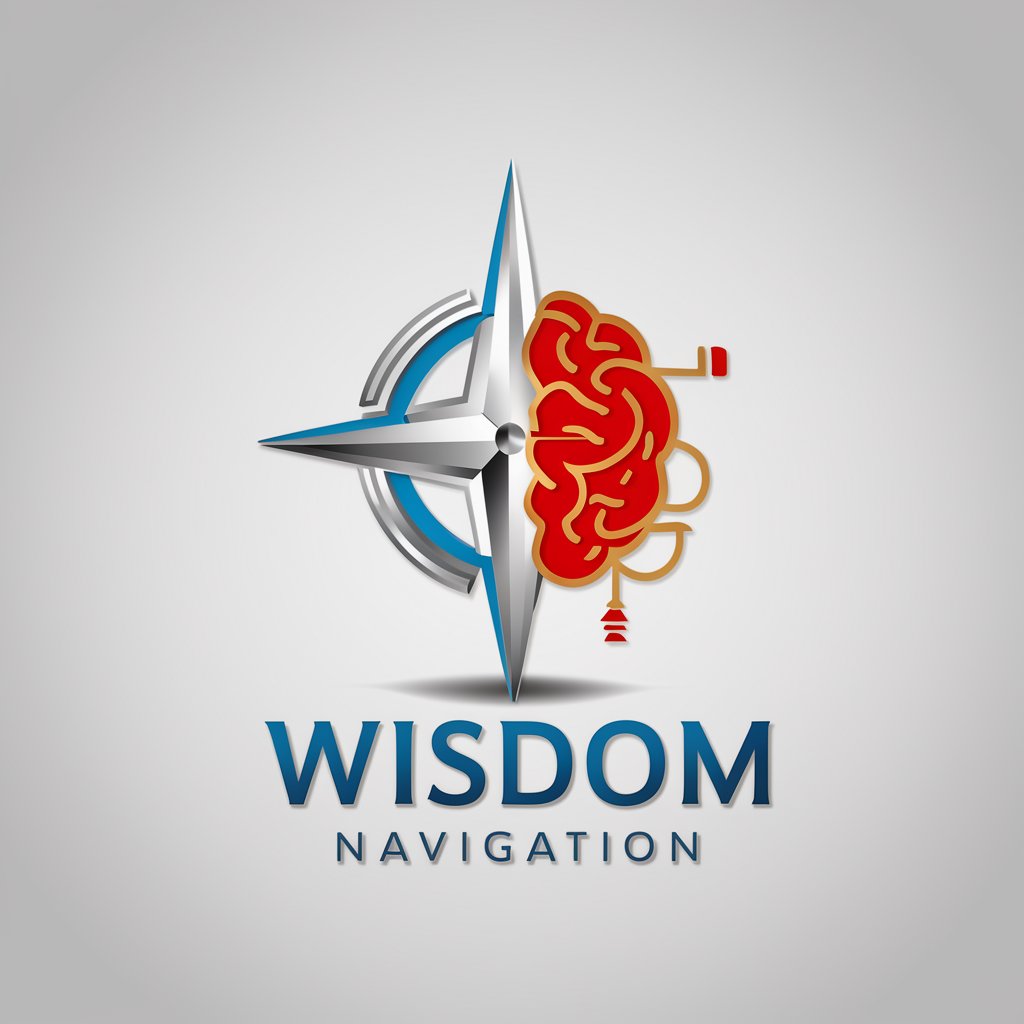
Q&A about Authentic Leadership
What is authentic leadership?
Authentic leadership is a management style in which leaders are true to themselves and their values, and they lead with conviction. This approach emphasizes transparency, ethics, and a strong sense of self-awareness, encouraging leaders to act in ways that are consistent with their beliefs.
How can authentic leadership impact an organization?
Authentic leadership can lead to increased trust and loyalty among team members, fostering a positive work environment that enhances collaboration and productivity. It also encourages open communication, innovation, and adaptability, aligning the organization's values with its actions.
Can authentic leadership be learned?
Yes, authentic leadership can be developed through self-awareness, feedback, and practice. It involves understanding one's values, strengths, and weaknesses, and learning how to align these with one's leadership style.
How does authentic leadership differ from other leadership styles?
Unlike more traditional leadership styles that may emphasize hierarchy and control, authentic leadership focuses on building relationships and empowering team members. It values transparency and integrity, encouraging leaders to be genuine and to lead by example.
What are some challenges of authentic leadership?
One of the main challenges is maintaining authenticity in the face of organizational pressures or crises. It also requires continuous self-evaluation and the willingness to be vulnerable, which can be difficult for some leaders.
